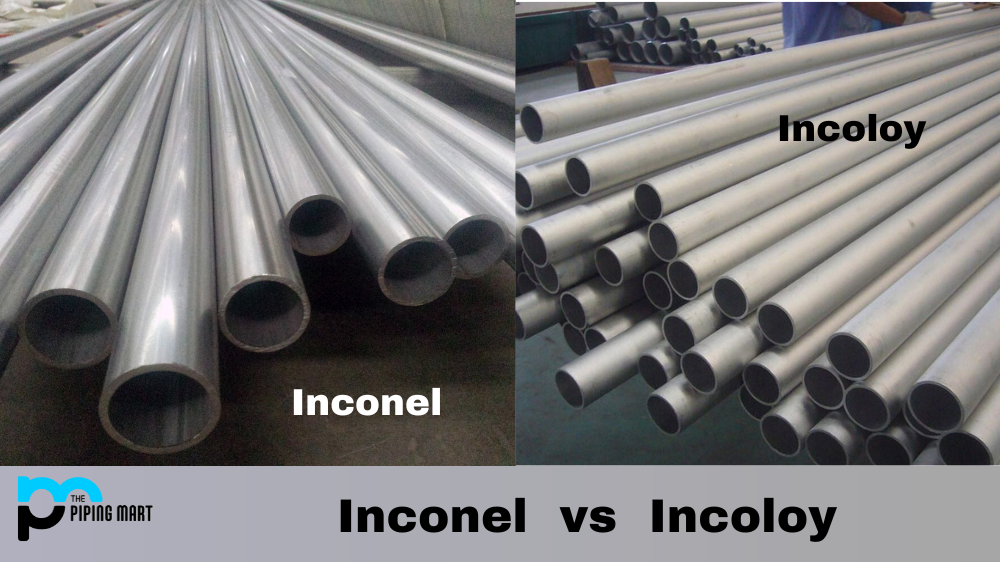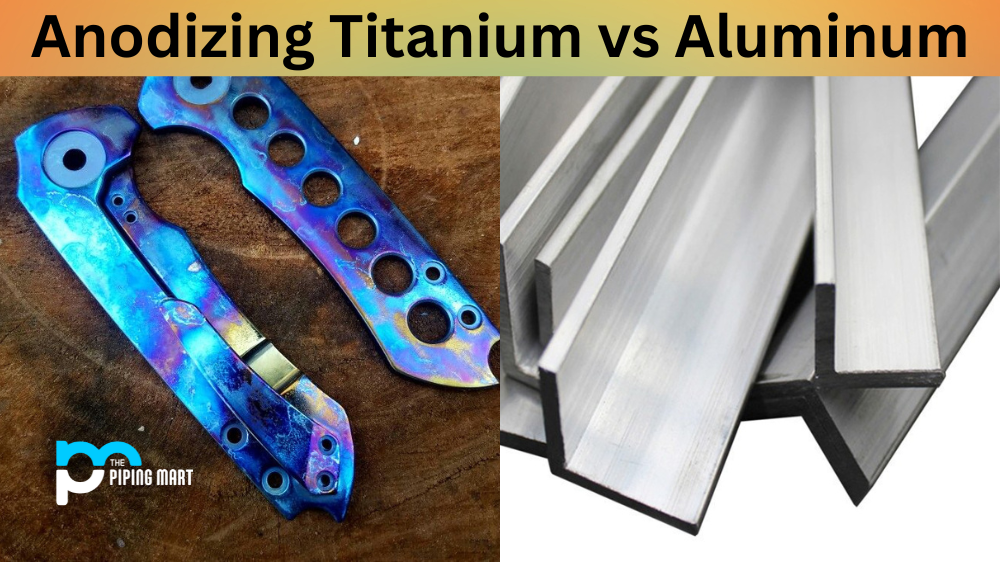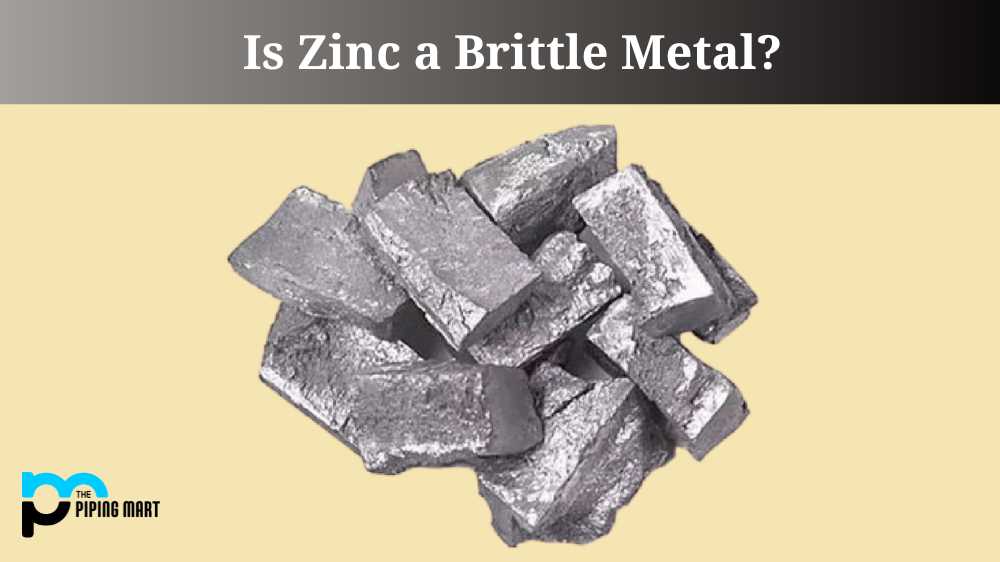If you’re an engineer or industry professional, chances are you’ve heard of both Inconel and Incoloy. But do you know the difference between these two alloys? Both Inconel and Incoloy are high-performance alloys used in a variety of applications, but there are some key differences that set them apart. Let’s take a closer look.
What is Inconel?
Inconel is a nickel-chromium alloy that Wiggin Alloys developed in the 1940s. It is well known for its resistance to corrosion, oxidation, and carburization. It also has excellent mechanical properties at high temperatures, making it ideal for applications in extreme conditions such as aerospace components, nuclear reactors, and heat exchangers. Inconel is available in several different grades including 600, 601, 625, 718, 800H/HT, 825, 925, and 945.
What is Incoloy?
Incoloy is another nickel-iron-chromium alloy developed by the International Nickel Company (INCO) in the 1950s. It has superior corrosion resistance compared to other alloys due to its high chromium content. Incoloy also has good creep strength at elevated temperatures, making it ideal for applications such as power plant equipment, petrochemical processing devices, and gas turbines. The most common grades of Incoloy are 800H/HT, 825 and 903Nb/907Nb.
The Differences Between Inconel & Incoloy
The main difference between these two alloys lies in their composition: Inconel contains more nickel than Incoloy does while Incoloy contains more iron than Inconel does. This means that Inconel is more resistant to corrosion, while Incoloy offers superior creep strength at higher temperatures. Additionally, while both alloys have good weldability, they should not be welded together because their different compositions can lead to cracking or other issues during welding processes.
Conclusion:
While both Inconel and Incoloy have many similarities—such as their excellent corrosion resistance—some key differences between them must be considered when choosing an alloy for an application. For example, if your application requires maximum corrosion resistance, then go with Inconel; however, if your application requires superior creep strength, then go with Incoloy instead. Knowing the differences between these two alloys can help you make the best decision for your application needs!

Pipingmart is B2B portal specializes in industrial, metal and piping products. Also, share latest information and news related to products, materials and different types grades to help business dealing in this industry.




